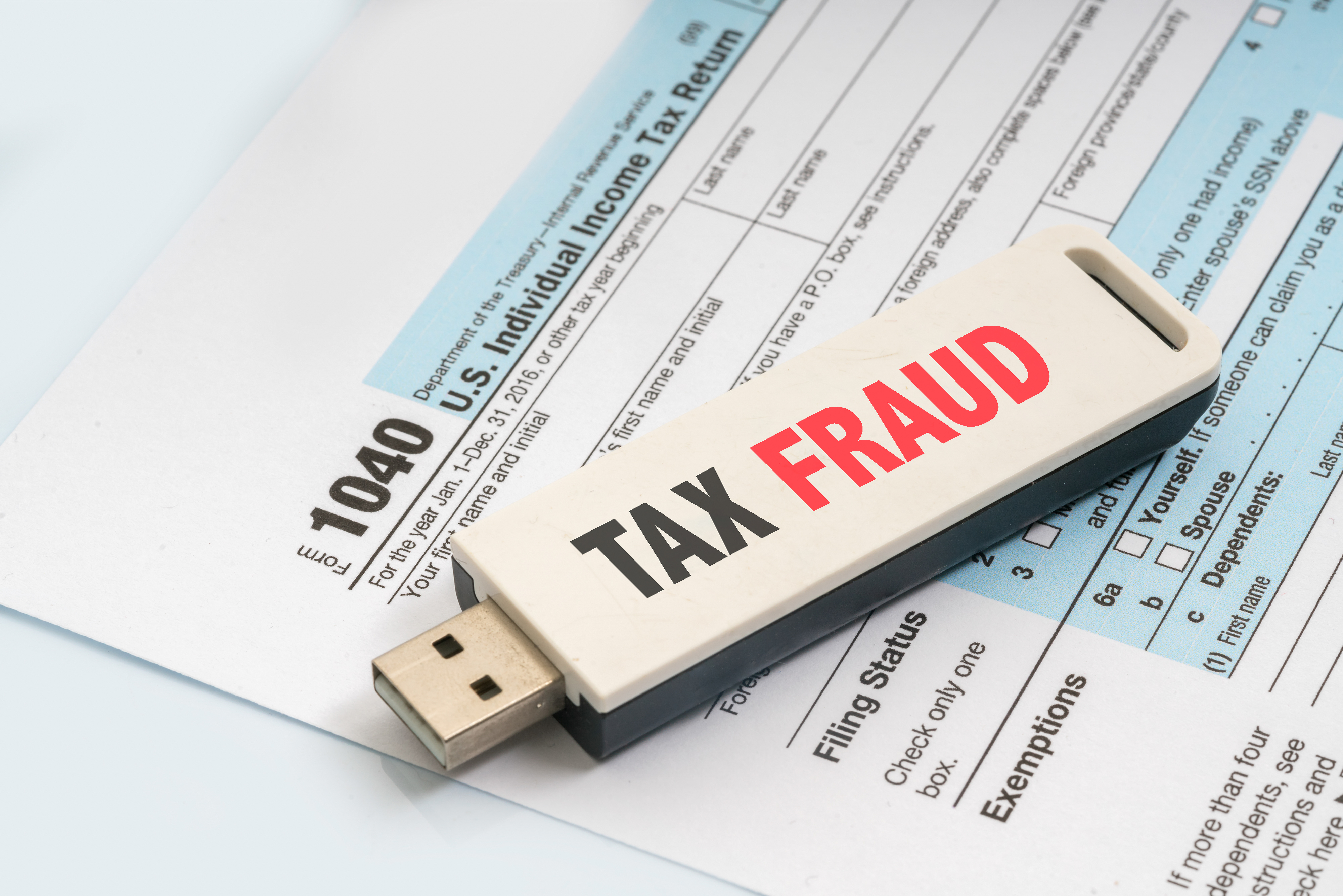AARP Hearing Center

The following is a reprint of an April 4, 2018 consumer alert from New Hampshire Attorney General Gordon MacDonald:
Attorney General Gordon J. MacDonald warns New Hampshire residents that scam calls are on the increase throughout New Hampshire. In the last few days, the Attorney General’s Office has received over 90 complaints related to IRS scams. Many of these calls are being directed to senior citizens. In the past few years, there have been a flood of these calls to New Hampshire residents, and throughout the country.
Residents report receiving unsolicited calls fraudulently claiming to be from the IRS and demanding payment for delinquent taxes. The callers typically ask for some sort of immediate payment and threaten arrest, wage garnishment or other forms of legal process to coerce the payment.
The IRS continues to caution taxpayers that, with very few exceptions, their first contact with a delinquent taxpayer will not be a phone call but will be in the form of a letter from the IRS sent through the mail. The IRS does not initiate contact with taxpayers by email to request personal or financial information and it never asks for credit card, debit card or prepaid card information over the phone.
The Attorney General advises everyone, in the first instance, to hang up immediately if they receive one of these threatening and demanding calls, to not engage the caller in any respect and to be suspicious of all unsolicited calls asking for personal or financial information. The Attorney General advices that people should never provide personal information over the phone, in an email, or through the Internet unless that person has verified the source of the inquiry.
A second prevalent IRS related scam being reported is tax-related identity theft. This can occur when the perpetrator uses a stolen Social Security number to file a tax return claiming a fraudulent refund. Often, the victim is unaware that the theft has happened until the person files his or her return and only then discovers that a fraudulent return has already been filed and the refund sent to the thief.
If you become a victim of tax-related identity theft, you should:
- File a report with your local police
- File a complaint with the Federal Trade Commission at identitytheft.gov or call the FTC Identity Theft Hotline at 1-877-438-4338
- Contact the IRS and complete IRS Form 14039, Identity Theft Affidavit
- Contact one of the three major credit bureaus to freeze or place a “fraud alert” on your credit:
- Equifax.com 1-800-525-6285
- Experian.com 1-888-397-3742
- TransUnion.com 1-800-680-7289
Attorney General MacDonald also offers the following advice about how to reduce the risk of identity theft.
- Don’t carry your Social Security card or any document with your SSN on it.
- Don’t give out your SSN just because a business asks for it – only do so when it is absolutely necessary.
- Secure your printed personal information at home by placing it in a locked container or in a bank safe deposit box.
- Check your credit report annually with one of the three free agencies listed above. You are entitled to one free report each year from each of the three agencies.
- Protect your personal computers by using firewalls and anti-spam/virus software. Update your security patches and regularly change your passwords for all accounts, selecting strong passwords for each account.
- Don’t give personal information over the phone, through the mail, or on the Internet unless you have verified who will be receiving that information.
New Hampshire consumers can also call the Attorney General’s consumer information line at 1-888-468-4454 or file a formal complaint at http://doj.nh.gov/consumer/complaints/index.htm































































